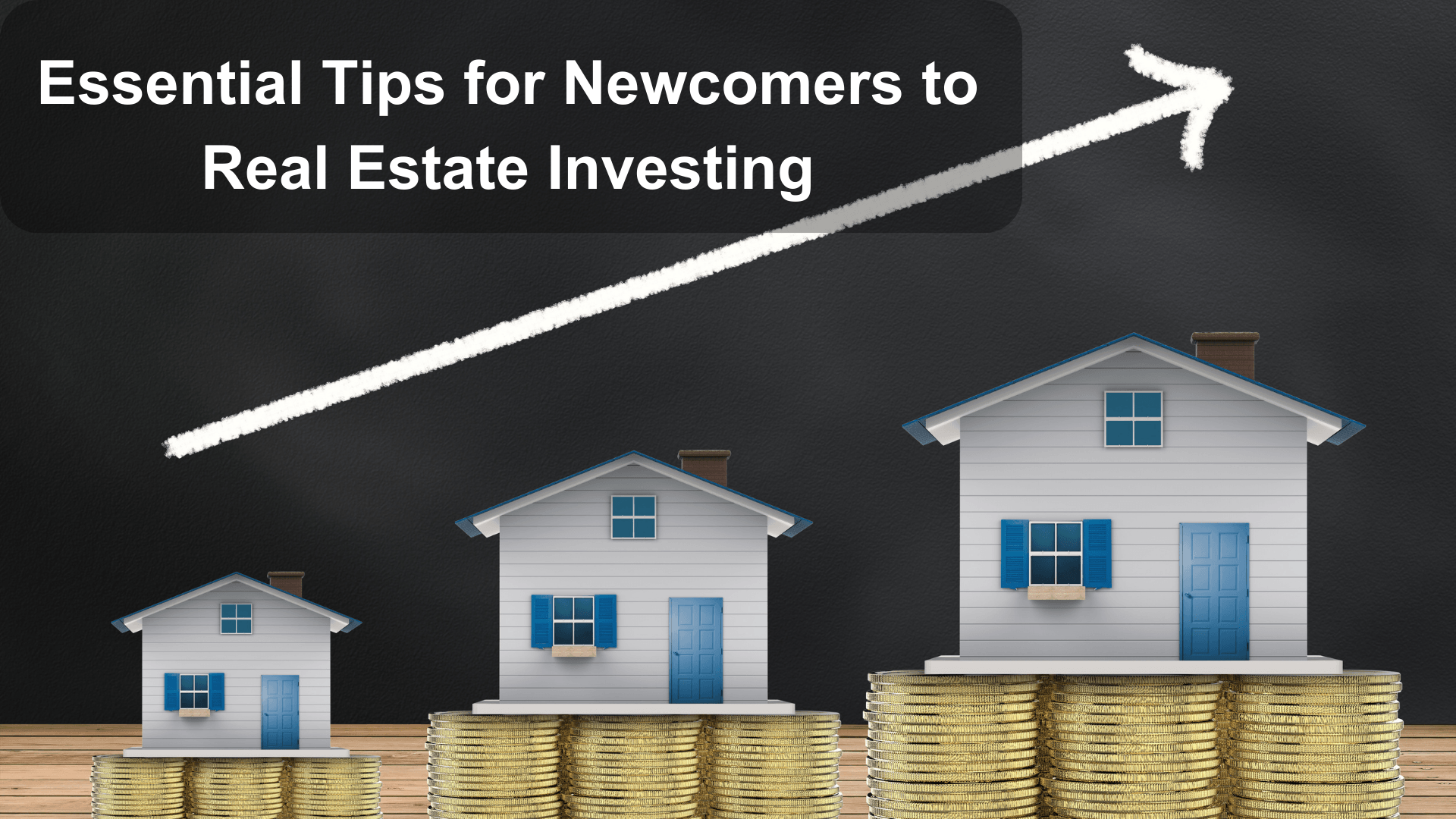Investing in today’s market represents more than just the old standbys. While stocks, bonds, and mutual funds remain standard portfolio components, there are plenty of other opportunities out there that, with some effort, can prove fruitful as well. Real estate investment is one option because it may be a successful way to save money for retirement.
But it’s not something everyone should try. real estate investing for beginner is a serious endeavor that requires time, energy, and preparation. Here are some suggestions to help you get started with real estate investing.
Get a Mentor to Guide You
For newbie real estate investment advice, a mentor is best. A competent mentor will help you develop successful ideas and avoid costly blunders.
Ask for mentor suggestions. Ask property investors or BiggerPockets. Consult an established investor directly.
This requires market research. Choose an expert who has already succeeded in newbie real estate investing, not just someone who talks big or believes they can help everyone.
Make sure the mentor won’t overcharge for their knowledge. Especially if you’re operating with a tight budget. Ask questions and get advice from real mentors.
Understand Your Market
Beginner investors must first determine local real estate market demand. Beginner investors must comprehend
Which homes sell?
Their market duration?
Your area’s comparable buying property prices.
Learn about your area to predict future opportunities. Using Zillow or Rentometer, talking to real estate investors, or attending a meetup can do this.
Beginner real estate investors can access market data in several ways. Investing in newsletters or books about real estate. After understanding your local market conditions, start exploring opportunities.
Check Around
Location matters in real estate investment. You should not buy something only because it is less expensive. Check market value, locality, and amenities. Finding a rental depends on the type.
Assess the competition and the property’s suitability. Consider the neighbourhood, attractions, and lifestyle while renting a home. Business rents require demographics, parking, and population.
Property Type
You have money for real estate investment. Now choose a property type to invest in. Purchase residential or commercial rental. Rent a house or apartment as a landlord. Airbnb and other short-term rentals are viable options for owning a property.
Commercial property is an alternative to residential property. Avoid renters and sell the property for a faster return. Figure out the investment property’s goals and strategies before buying.
Understand the Associated Costs
Investing in property is, frankly, not cheap. Buying property altogether can be expensive, but it may be worthwhile if you have the capital available or are ready to take out a loan. It’s not as easy as buying a house and sitting back to collect rent checks. Basic upkeep, annual upkeep, upgrades, and expenses like electricity and taxes are additional considerations.
Real estate investment trusts should be considered alongside traditional credit options. Companies that meet the criteria for REIT status finance or own real estate. While real estate investment trusts (REITs) distribute the vast majority of their taxable income to investors, those investors are still responsible for paying their share of the income tax. Remember that you must account for the expense of everything. Before diving in, be sure you understand the situation.
Keep Important Numbers Handy
Real estate investment takes a lot. While you have power, you can’t do much to the property. You’ll need help with your investment, so make a list. Real estate agents, property managers, attorneys, CPAs, and money lenders are essential. Keep in mind inspectors, plumbers/electricians, handymen, pest control professionals, and contractors. You may not need
all these folks right away, but it’s helpful to have a few dependable numbers.
Real estate investment can develop a nest egg if done well. Take your time and do your research before investing in real estate. Build your retirement fund today with this investment approach if you have the time and resources.
Connect with Others
Investors and real estate agents are great resources for newcomers. If you haven’t already, you should start making connections with real estate agents. Having more contacts improves your chances of learning about offline deals.
Even though attending industry conferences and events can help a novice real estate investor make connections, LinkedIn can be even more useful. Users can network with others in the business world who share their interests and passions.
The Goal of the Investment
The goal of your investment can be determined once you’ve decided on an investment property type and location. Make sure you have enough money set up for things like rent, fees, annual bills, and emergencies. Will the cost of utilities be figured in? Think about the costs involved and the amount of money that will be required to keep the investment at its current level of quality.
If you plan on owning homes in multiple areas, it may be worthwhile to hire a property manager. The important thing is to decide on this before the bills start coming in.
Stay Protected
Consider buying properties through an LLC if you’re thinking about investing. LLCs assist in controlling risk. If anything happens on the properties, the LLC is accountable. Also, if something is happening on the land, having an LLC can protect your retirement fund.
When using retirement savings for real estate acquisitions, “checkbook control” can help if the timing is a concern. You are the business manager of your self-directed individual retirement account after creating an LLC. You can access your funds anytime you need them, but you still need a custodian and can’t utilize them for other purposes. Your custodian must be notified of all withdrawals and property use. Instead of being charged for several account changes, report it once. This helps reduce fees.
Now You Know How Beginners Can Start Investing In Real Estate
Many of us want to generate a passive income or someone wants to secure our money from inflation and gain some profit by investing in real estate. These could be the two reasons you want to get started but, without having a proper guide it can be too risky.
That’s why after reading this blog you have lowered your risk to a minimum while increasing your chances to become more successful by following this guide to invest in real estate.




